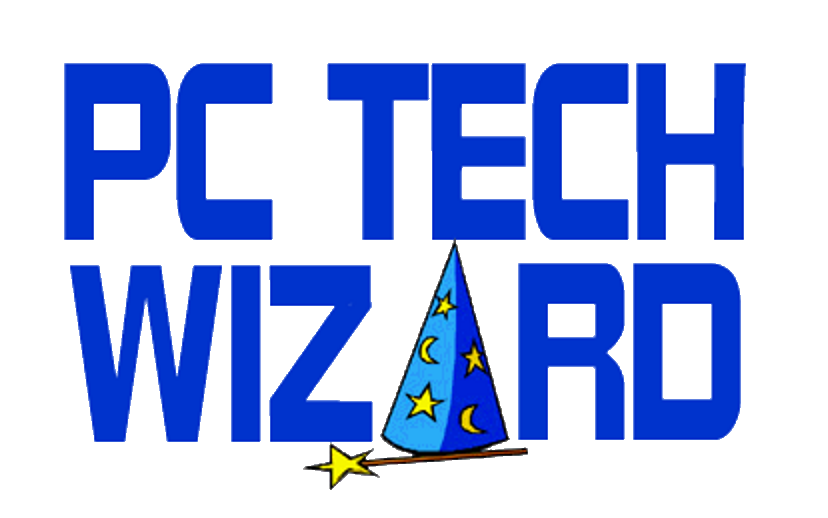We all like to have our purchasing decisions validated by experts. I don’t think I’m the only one who gets a little thrill when I decide to buy some home appliance and then see it highly rated in the next issue of Consumer Reports.
That’s why I was pleased this morning to see the technology site ars technica reporting that Seagate has decided to cease production of most 7200 RPM hard drives.
For years, most PC hard drives have had a platter rotation speed of 5400 RPM. To increase performance, manufacturers started offering drives that spin at 7200 RPM. The faster speed results in shorter access times and reduced latency. However, 7200 RPM drives run hotter and louder than 5400 RPM drives. The additional heat is especially problematic in notebooks.
(On high-end enterprise servers, which I tend to on my day job, disk drives have speeds of 10,000 to 15,000 RPM. That’s why we stash them away in data centers with big honking air conditioners.)
Solid-state drives have been available for a few years now. An SSD is flash memory, similar to your USB memory stick, but faster and shaped into a hard drive form factor. And in terms of data access speed, SSDs are anywhere from 10 to 40 times faster than mechanical hard drives.
As with any new technology, SSDs were prohibitively expensive when they came on the market, but as they’ve caught on, capacities have increased and prices have shrunk to the point where they are now a viable alternative (or complement) to mechanical drives.
When I built my new desktop, I wanted good disk performance but needed to keep the system as silent as possible. A 7200 RPM drive would have compromised that, with the drive’s own additional noise plus the extra heat making the PC’s cooling fans run harder. So I put in a Seagate Barracuda “green” drive running at 5900 RPM, and an Intel SSD to serve as a 64 GB cache drive (using SRT, which is mentioned in the ars article).
The results had already demonstrated to me that it was a sound (no pun intended) strategy, but the report reinforces that. Obviously I’m not the only one that came to this conclusion, and Seagate has decided that the modest performance pop you get with a 7200 RPM drive isn’t worth the additional cost (and heat, and noise) now that SSD prices have come down.
We can expect to see manufacturers like Seagate turning more and more to hybrid hard drives, which contain the flash memory cache and mechanical hard drive in the same unit. This would make the performance advantages available to everyone, since Intel SRT is only supported on certain motherboard models. But even the hybrid drives are only a stopgap measure until SSDs become sufficiently inexpensive and reliable to replace mechanical drives entirely.
SSDs have already proven to make great notebook upgrades. I recently replaced the hard drive in my wife’s 2007-vintage Dell laptop with an SSD and installed Windows 7. She and I were both surprised by how dramatic the improvement was. Any technology that makes my wife happy is a definite keeper.
So SSDs are here to stay. And while mechanical hard drives aren’t going away just yet, they’ve begun the long slow march toward technological obsolescence, just as vacuum tubes did when the transistor ushered in the first solid-state era sixty years ago.
RELATED POSTS:
The Wizard’s latest build (Windows 7 edition)
